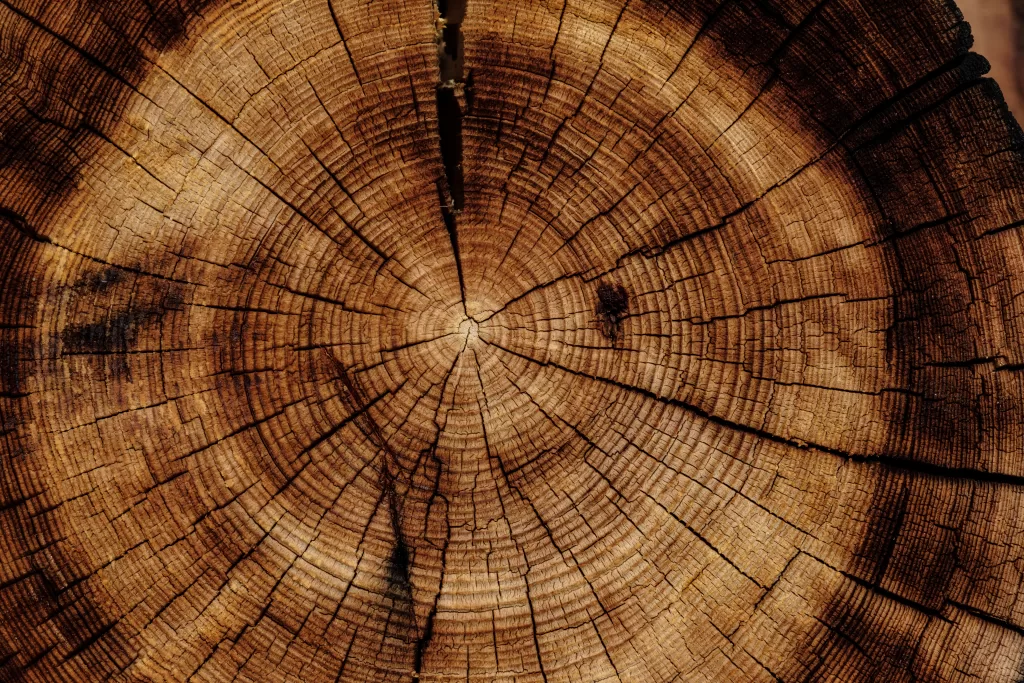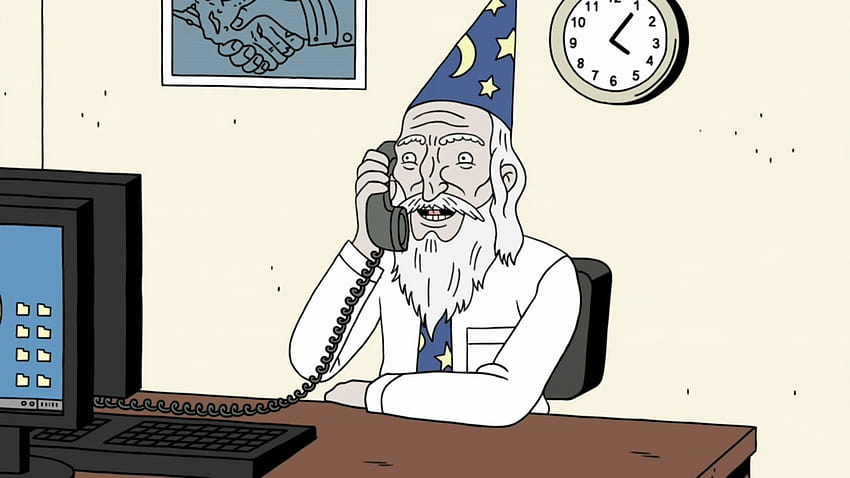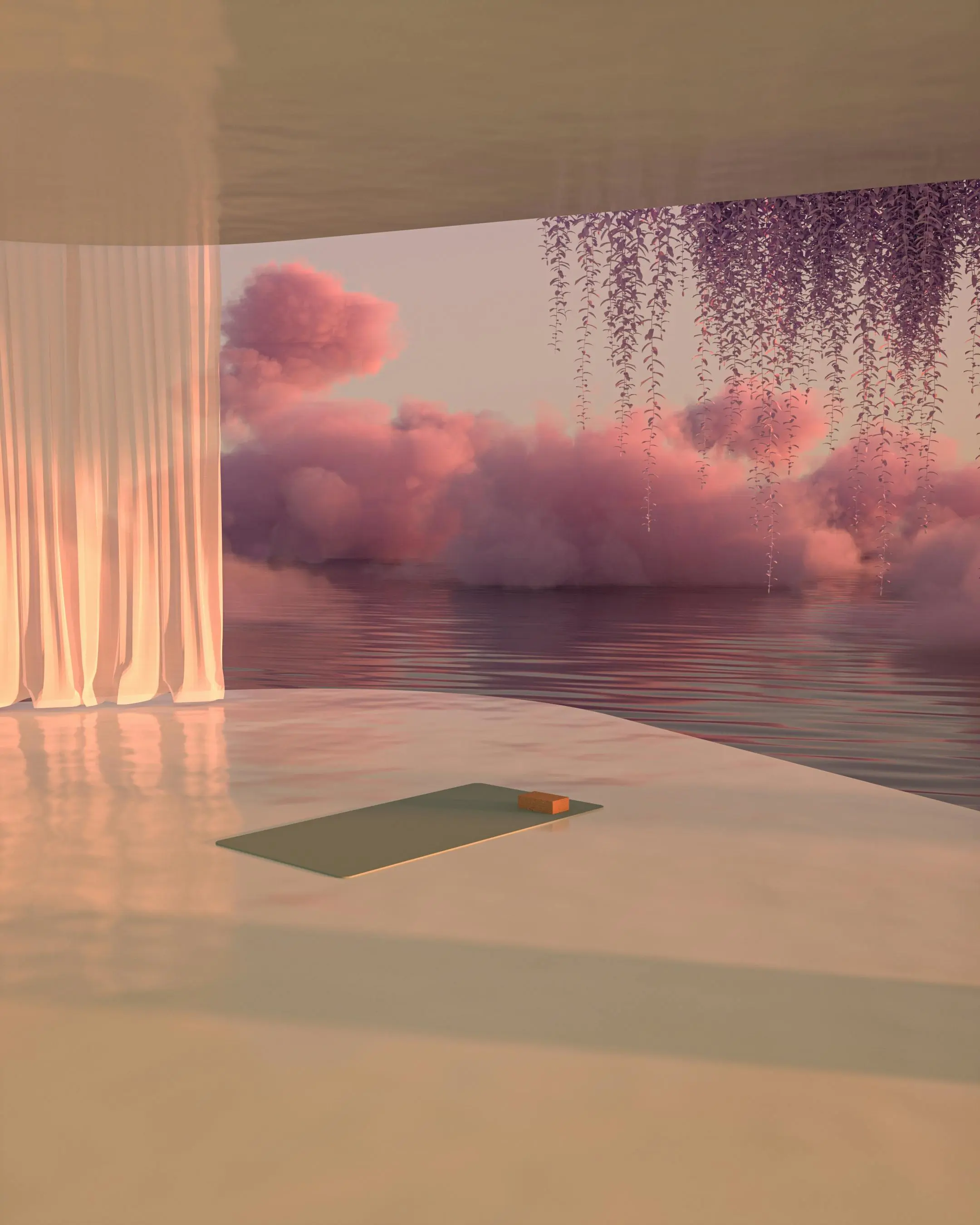“When a tree is felled, we can see how long it has lived, wet and dry seasons, trauma and abundance (Wohlleben, 2017). Life course theory dictates that humans too are a manifestation of all their lifelong experiences and are products of their environment (Jones et al, 2018). All is connected, how we are born, age and die. Unlike trees rings it shows up in our health, behaviours and lifestyle. We collect data and nutrients, and this informs our biology and shapes our existence, psychology and interactions with the world around us. Both the pathway and accumulation model offer hope and room for growth, implying that each stage of the life course is a new opportunity where we can put ourselves in a stronger position for a more resilient life (Heikkinen, 2010). The biological programming model states that pre-birth occurrences beyond our control shape our development which can place limits on our trajectories. All models can impact how individuals and society interact with one another (Heikkinen, 2010). When looking at health and inequalities, life course theory plays a significant role (Wadsworth, 1998).”
Above, is an excerpt taken from an essay on life course theory and adult working life, by me, the human behind the blog. Here I will talk a little about it and what this means for us as you will notice throughout my posts, I reference this often.
Remember that show where people had to stop doing all the things that brought them joy, like sitting down and eating biscuits? Made up images of their children’s future adult faces through a jaundiced, eye bagged filter, beamed on to giant screens. Modern day stocks. Gillian Mckeiths indoctrination into a pseudoscientific diet of sadness. “You Are What You Eat” is the antilogy of what we do here. The life course scripture was interpreted far too literally. The theory is not a shaming tool but an invitation for change and adaptation. Especially as a woman, having more biological events across timelines, providing more opportunity for change.
We could spend weeks exploring “life course” and applying it to various subjects. Smaller changes, building on lifelong habits can give way to more positive outcomes than a brash stint of miserable withholding. Life course theory is our friend, here to remind us that whatever we change now can change our future selves. We are fleshy sacks of science forged in a landscape that no longer exists, going about in a world of industry and Bisto. Our wants and needs are wildly misaligned, creating a savage cognitive dissonance.
Aging is a natural part of life, and we all do it differently. Place and time play a large role, looking at where and when we live in relation to our barriers to beneficial opportunities. Who do we play with? Do we have positive, nurturing relationships? Do we feel connected to the world around us? How active are we? How we treat our bodies is a contributing factor which we can (often) control. Unlike the larger sociological factors and pre-birth determinants.
I’m not waking up and juicing my greens before a run. My mornings consist of childcare and tricking them into wearing clothes whilst trying to regulate my own emotions and model calm behaviour. But I do start my day with water and vitamins and mostly oats. My personal approach to life course is one of harm reduction. I am not downward dogging at dawn or biking to the farmers market but for a person raised on bottles of sugar tea and fizz in a time when adults drank at and smoked on children for fun (the 80’s), I could be doing worse. Particularly following a heavily misspent and chaotic youth.
Looking globally at areas where people live the longest and happiest life in areas such as Japan and Italy, we can see older people living out mobile, fruitful, and meaningful existences. The unifying factors in these locations are people who walk daily in their communities, garden and have active social lives. In Nordic countries which score rather high in “happiness” it is noted that there is a cultural difference in the definition of happiness. Danes for example share a common theme of “gladness”. There is a term translating as “up and not crying” as a response to “how are you doing?”. This coping over thriving vibe is somewhat relatable.
We are what we eat but also a huge bundle of other complex interactions unfolding ahead of us. We are what we feel, think, and do. We are products of our environment and relationships. I could eat one hundred percent whole foods, but I would also be a furious, perfectionist chained to my Nutri bullet, and I barely consider that thriving.
Carving out an existence where the beneficial stuff exists, like doing laughs, going outside and cooking wholesomely alongside mandatory participatory activities like making money, staying housed and being your own HR department is hard. Celebrate yourself for showing up and doing your best. If you can take one thing away from this small piece maybe just change one thing. Minimise or eradicate the sugar in your tea or move a tiny bit more than you already do, quit the Lucozade or just have it on a Thursday. Eat the monster munch but maybe also have an apple. Add two minutes of breathing exercises to your day, say yes to that social event, say no to something you hate, move to a place that encourages more activity or social connection. You are the expert in your own life. Be gentle and appropriately imperfect.
At risk of turning a bit too “Trainspotting intro” I shall end this here. I assure you the next post will be a fun one.



